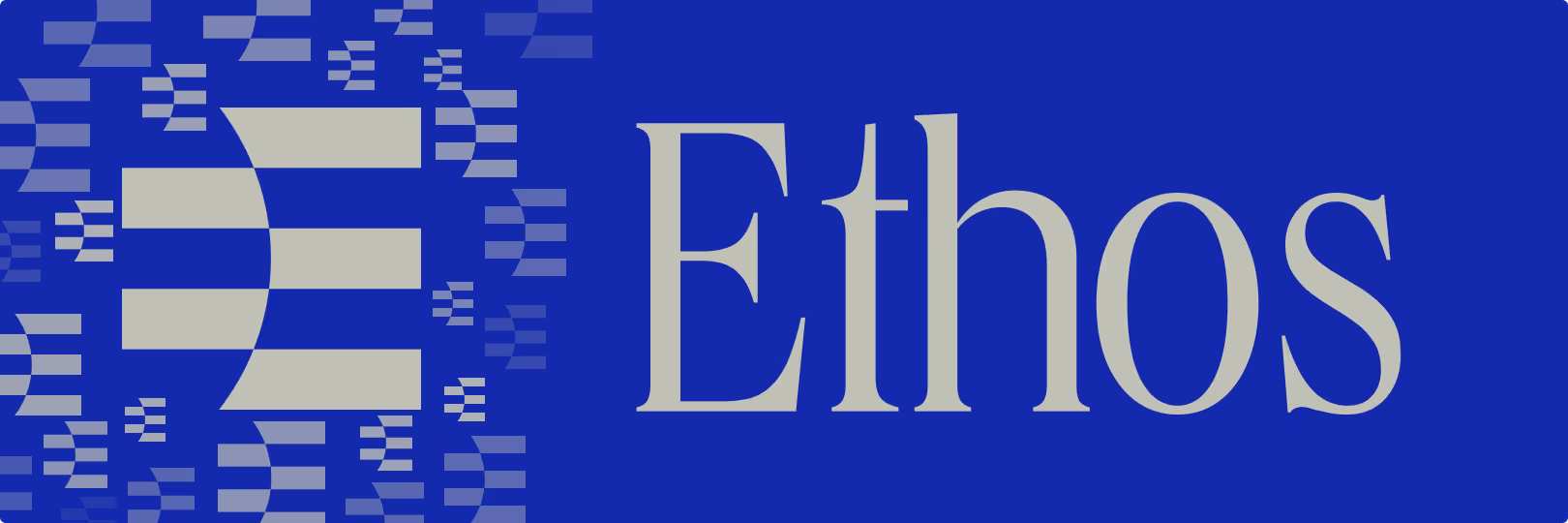
The Ethos Validators NFT collection symbolizes more than digital art—it embodies a vision for trust in decentralized ecosystems. Rooted in the Ethos Network’s mission to bring “Proof of Credibility” to the blockchain, these validators aren’t just avatars; they represent onchain identities aimed at legitimizing social and reputational capital. By staking a claim in this project, holders align themselves with a broader movement to redefine how trust is earned and displayed across crypto-native communities, where credibility matters as much as capital.

Rather than functioning solely as collectible tokens or aesthetic flexes, Ethos Validators operate as visual stand-ins for credible onchain personas. Each validator design incorporates a blend of expressive traits—such as stylized hair, digital armor, and symbolic accessories—suggesting a lore-rich narrative beneath the surface. The collection positions itself at the intersection of identity and utility, where holding a validator may eventually serve as a passport to participate in governance, staking, or novel reputation-based mechanisms on the Ethos platform.

Ethos Validators are part of a growing shift where social signals and reputations become onchain assets. The broader Ethos Network experiment is an exploration into staking not just coins, but one’s digital reputation—enabling actors to vouch for peers and earn standing through reliable interaction. In this context, the NFTs aren’t merely collectibles; they’re nodes in a social graph, anchoring a future where personal and communal credibility is quantifiable, transferable, and essential to the flow of digital trust.



